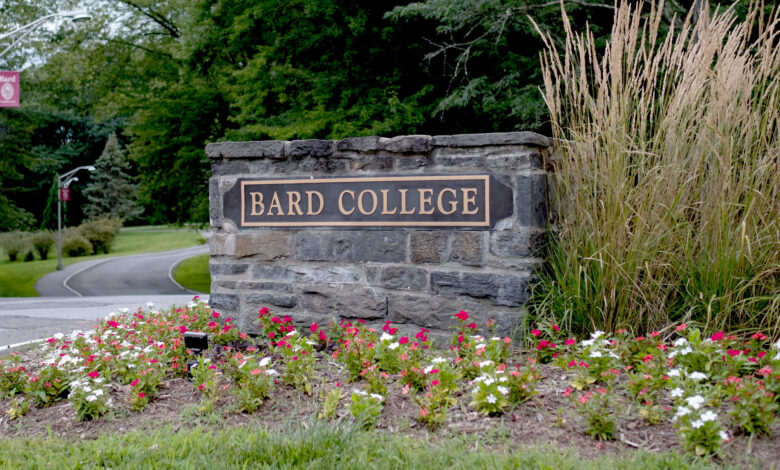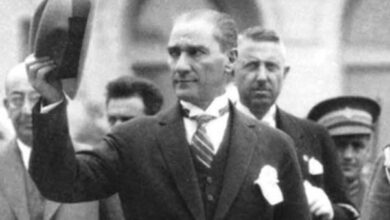Why Russia should rethink its decision of banning Bard College

People-to-people contacts between Russia and the United States of America suffered a huge blow on June 21 of this year when the General Prosecutor’s office in Russia labeled Bard College as an “Undesirable” organization. The satellite campus of Bard College in St. Petersburg was a fixture of the US and Russia’s cultural and educational exchange since the late 1990s but will now have to shut its doors.
The Kremlin has increased its crackdown on civil society in the past few months, but the labeling of a small undergraduate college as a threat to the foundations and order of the constitution of Russia looks very unfortunate. Media sources in Russia have claimed that the college’s links to George Soros, whose philanthropic acts funds other non-profit groups have been called “undesirable” may be the cause of this unfortunate incident. But there might other issues beneath the surface aside from that one only.
Indeed, Russian leader Vladimir Putin has closed down technical and education exchanges with the United States throughout his reign as the Russian head of state. As retired Brigadier General Peter Zwack has duly observed, the closure of four consulates by the Kremlin has severely hindered the people-to-people interactions. Whereas in the past, the consulates provided travel and visa assistance to tourists, students, and business people from both countries, their doors are now closed. The return of the Russian and American ambassadors to their various posts after the Geneva Convention has not solved this issue in any way.
Yet actors from the kremlin are not the only threat people-to-people exchanges face between the US, Eurasia, and Eastern Europe. In some respects, the Kremlin is late to this move. Hungary’s president Victor Orban’s closure of the Central European University from the capital Budapest three years ago in 2018 was the genesis hit of the Bard affiliated inter-country programs.
Kyrgyzstan’s dictator Sadyr Japarov continues to harass the American University of Central Asia (AUCA); this is another affiliate of Bard College. In April, authorities in Kyrgyzstan heavily asked AUCA’s president Andrew Kuchins several questions on a suspicion of trafficking of drugs. Various attempts to paint the university black have been traced to authorities of the state. The University announced in early June that Kuchins will fly back to the US after the completion of the academic year.
Educational institutions such as AUCA and Bard-Smolny Programme are critical to cross-cultural exchanges and understanding of international relations. If the kremlin worries about foreign influence when it comes to the topic of people-to-people relations, this influence cuts own both sides.




